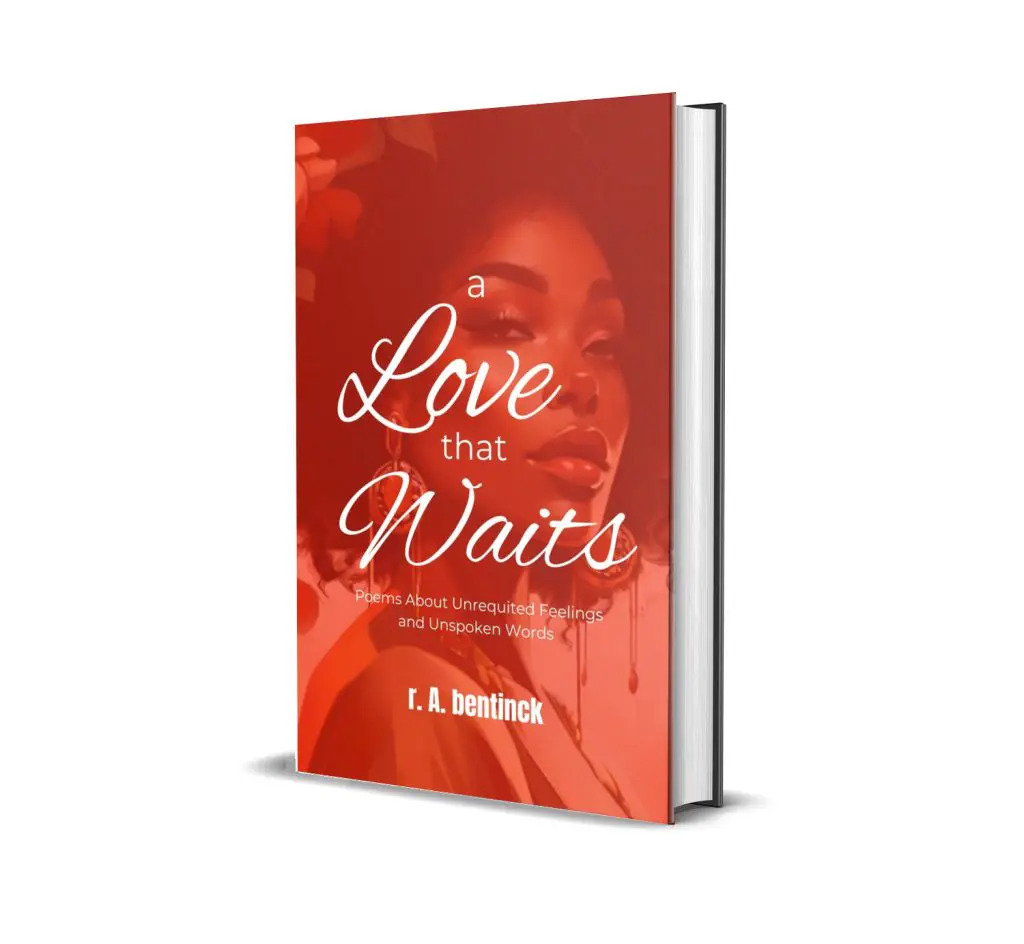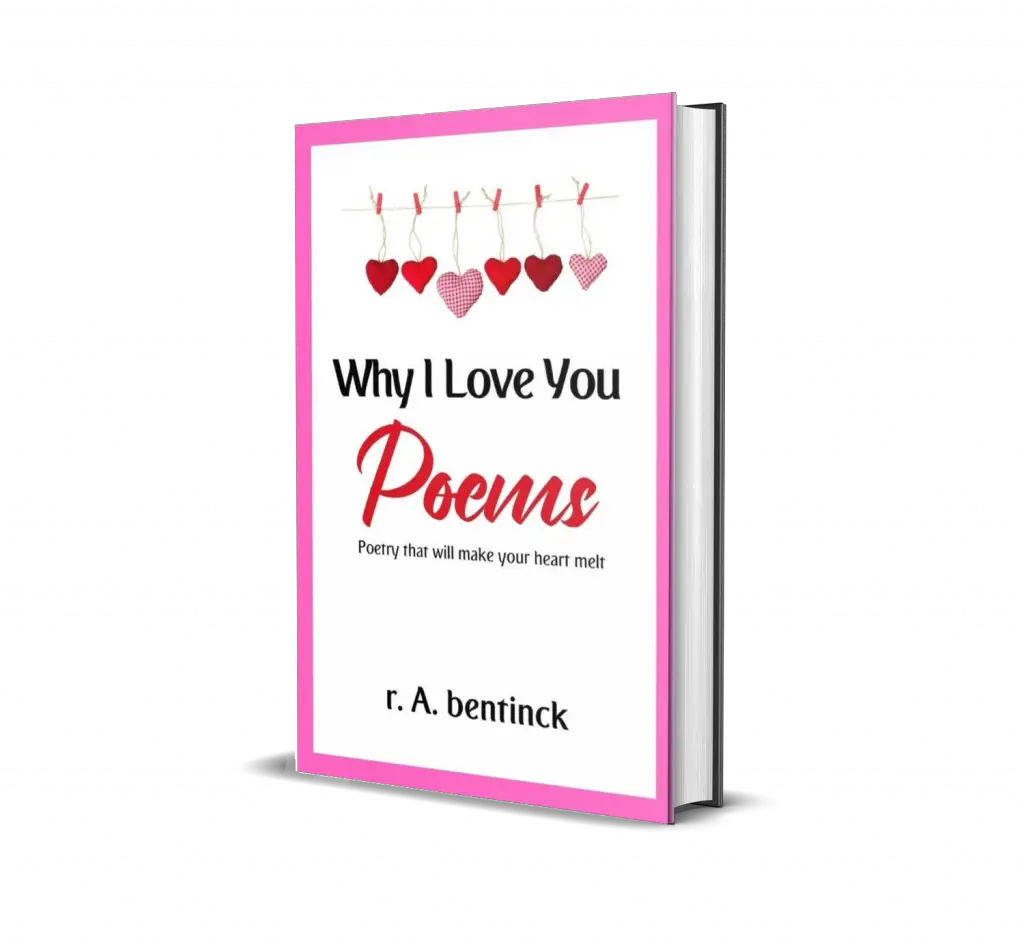Love Poetry Books
New Release
Poetry that Dives Deep into the Beautiful Chaos of Gender Dynamics
“Stilettos on My Throat” by r. A. Bentinck invites you on a poetic journey, delving deep into the intricate dynamics of relationships between men and women.
This captivating anthology transcends mere love stories; it is a rich tapestry of emotions, traversing the peaks and valleys, the euphoria and anguish inherent in matters of the heart.

Recent Posts

Missing You Like Crazy: Longing Expressed in Poetic Verse
Missing You Like Crazy Prepare to be swept away on a bittersweet journey. This poem promises to explore the depths of human emotion, where echoes …
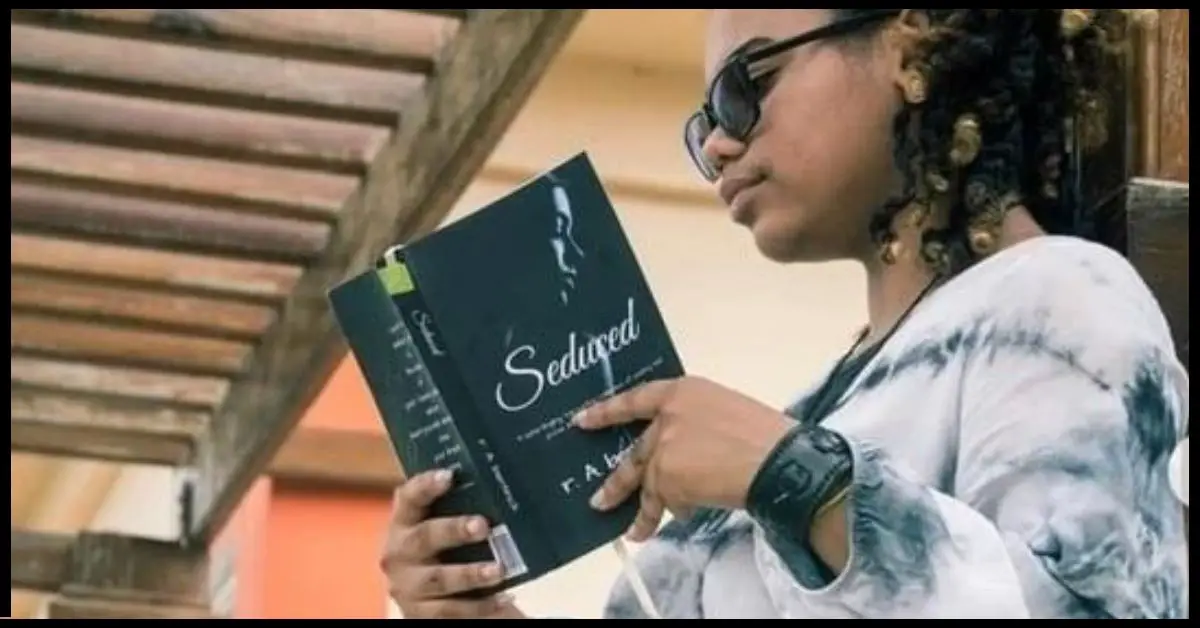
Welcome to a world where words dance in the rhythm of emotions.
Heartwarming Love Poems 💖
Experience timeless passion and longing through our curated love poetry collections.
Engage with the enchanting world of love poetry! Explore from modern marvels to timeless classics – there’s a love poem tailored to your every mood. Delve into the heart-wrenching depths or bask in the radiance of new love; these books provide a glimpse into the most potent emotion. Join the journey into the realm of love poetry and unearth the hidden treasures waiting just for you.
Latest Poetry Collections
Bestselling Poetry Books
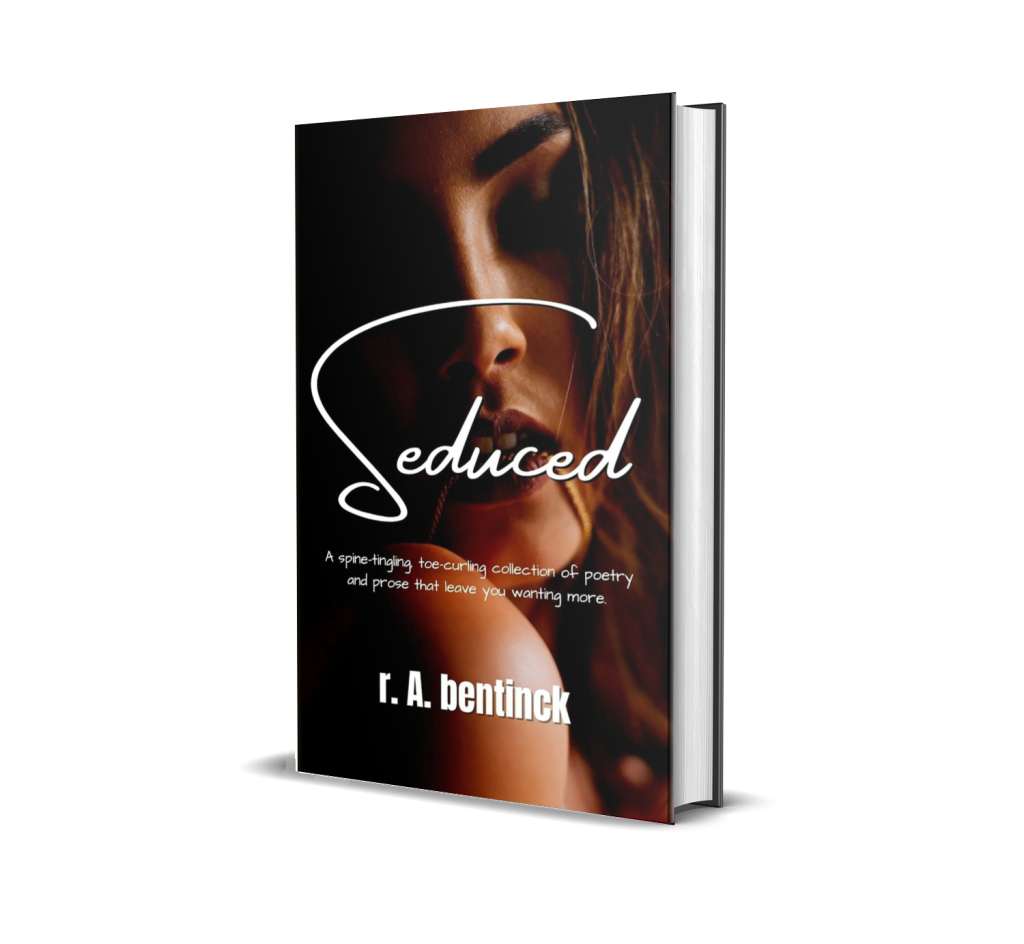
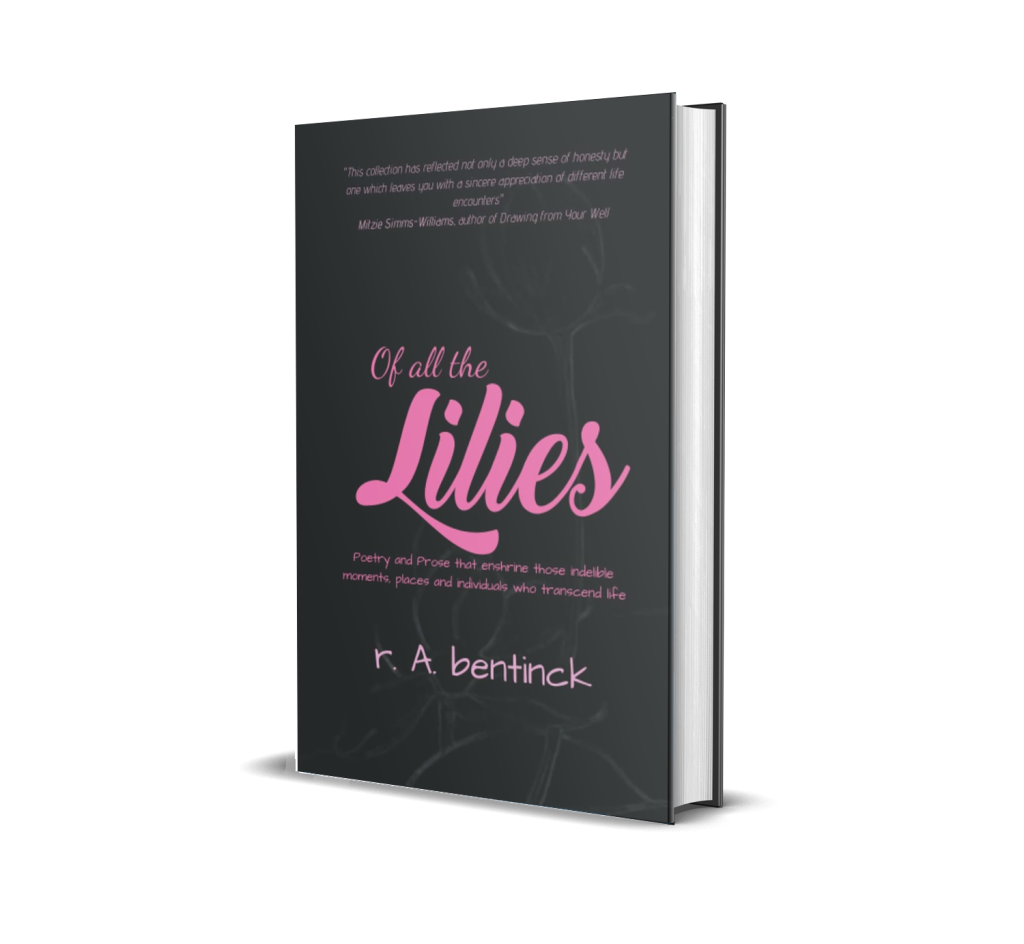
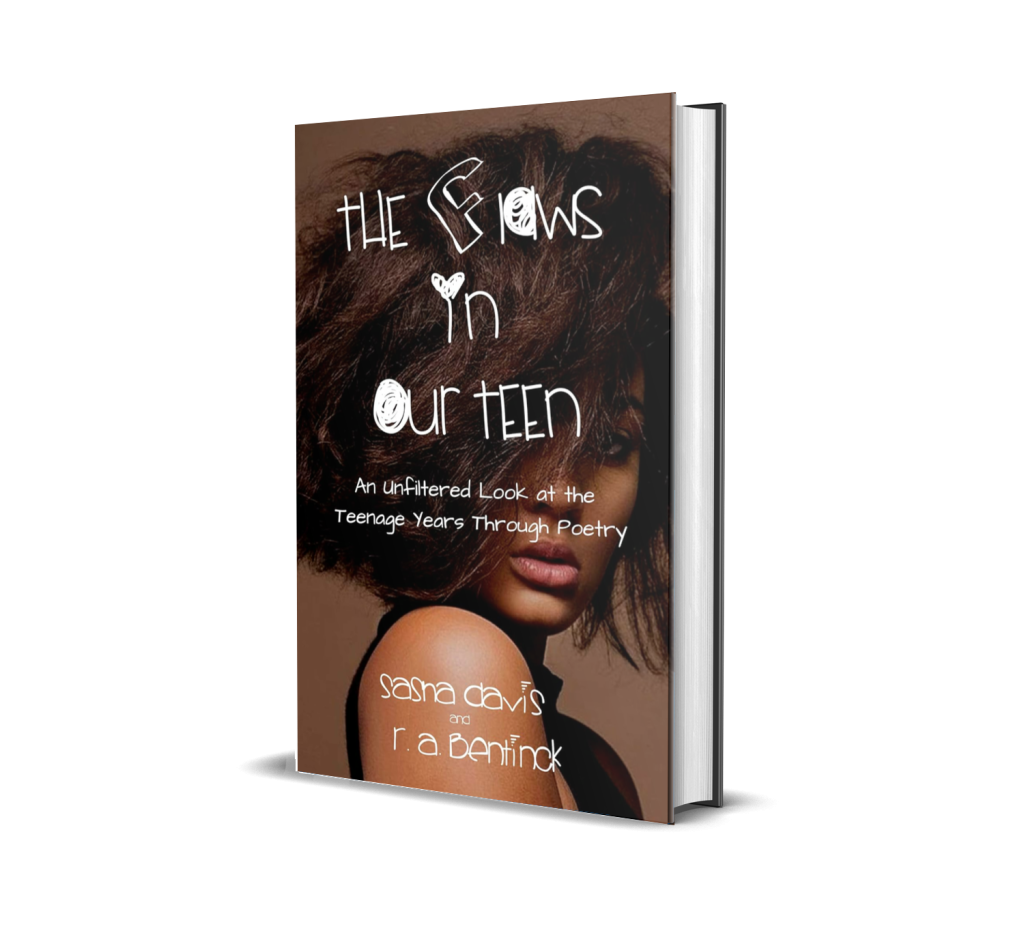
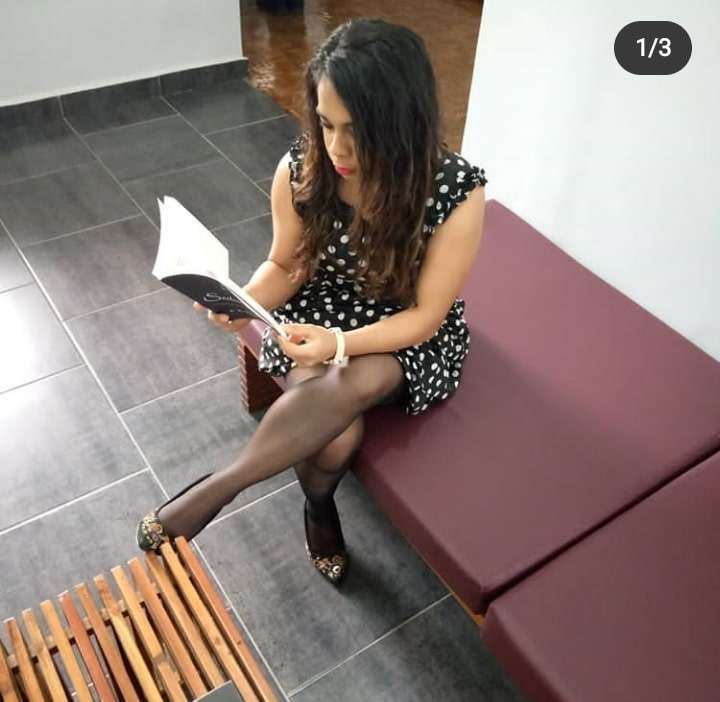
One aspect I really love about the author is that he takes the mundane and ordinary objects or activities we do in life and, through the magic of words, transforms them into something so exotic and vibrant that one gets lured into a spell of mixed emotions, wanting to feel the feelings of the poet.”
– NEELAM BABUL, editor at Dar es Salaam Guide Magazine




